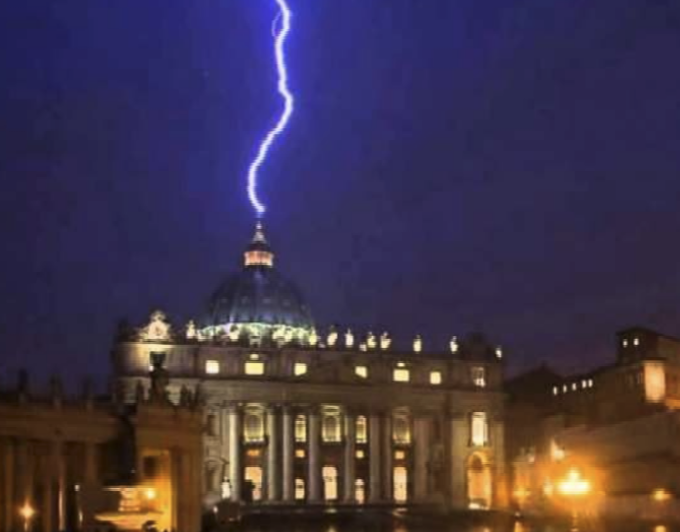My history with computers and journalism is long and complex.
Back in 1978, soon after the cooling of the Earth’s crust, I held a newsroom copy-desk job that required me to memorize (OK, I had a filing-card cheat sheet) the manual codes to control all of the fonts and text sizes for news stories, headlines, photo credits, cutlines, etc. I used to have nightmares in which I would mess one up.
A few years later, everyone had work stations tied to a newsroom mainframe. Then there were giant portable computers for the sports reporters and political-desk pros (the people who wrote copy that really mattered). Then there were tiny Radio Shack laptops.
I know, I know. Jurassic journalism territory.
But this brings me to what I think is a must-read online commentary about the Pope Francis decision to allow — some would now say require — priests to bless same-sex couples and/or their relationships. There have been many worth noting (see this essential Clemente Lisi post), but I think a tweetstorm from Ross Douthat looms over the debate, because he writes for The New York Times.
But how to embed all those tweets without making readers jump over hurdles of repeated material? I confess that I do not have the technical skill to do that. Thus, I did a cut-and-paste “think piece” — with Douthat’s leaping off post embedded at the very top.
It’s a quick read, but offers much to think about.










